Nearly 500,000 tonnes of post-consumer textiles wind up in Canada’s landfills each year, many of which are garments made from fossil-based synthetic (or plastic) materials such as polyester, nylon and acrylic.
As a first step to mitigate some of these post-consumer textiles from entering landfills or being incinerated, we explored ways to turn these garments into an alternative consumer-facing product.
Canadians have been mechanically recycling textiles for years, into wipers, rags and insulation. While there are promising advanced recycling technologies that are making their way to the market, opening opportunities for fibre-to-fibre recycling and other manufacturing possibilities, these technologies will require a few more years until they are scaled and widely adopted.
Our pilot focused on possible end market opportunities given the current state of infrastructure and available technologies in Canada. Together with local stakeholders, we worked our way back to demonstrate that it is possible to mechanically recycle discarded textiles into a consumer-facing product of higher economic value than the traditional aforementioned downcycling pathways.
This pilot also showed that there is a feasible business case for recycling textiles that are not fit for resale or repair and turn it into a stylish and practical, consumer facing end product that was entirely made here in Canada!
The hamper was made available at select Canadian Tire stores across Canada in winter 2023.

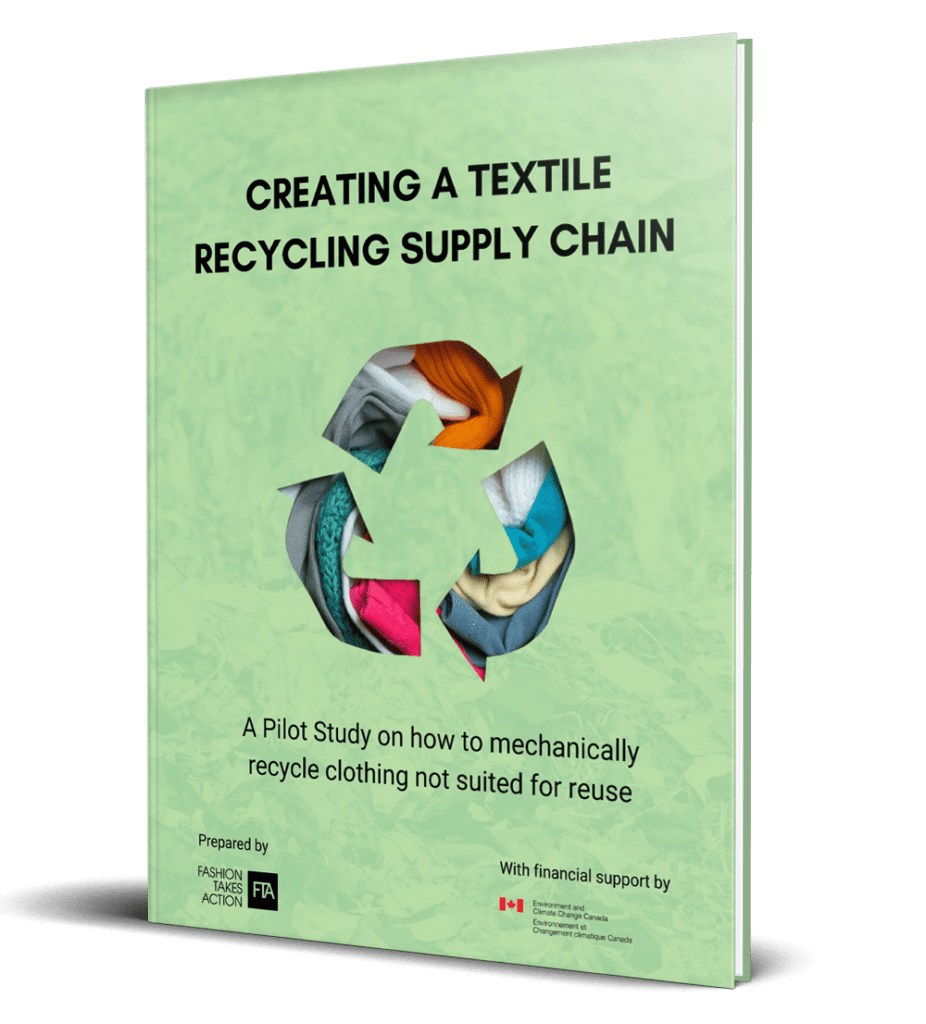
During our pilot, we created a guidance document that details each phase of the project, including our key learnings and considerations for others interested in replicating or scaling
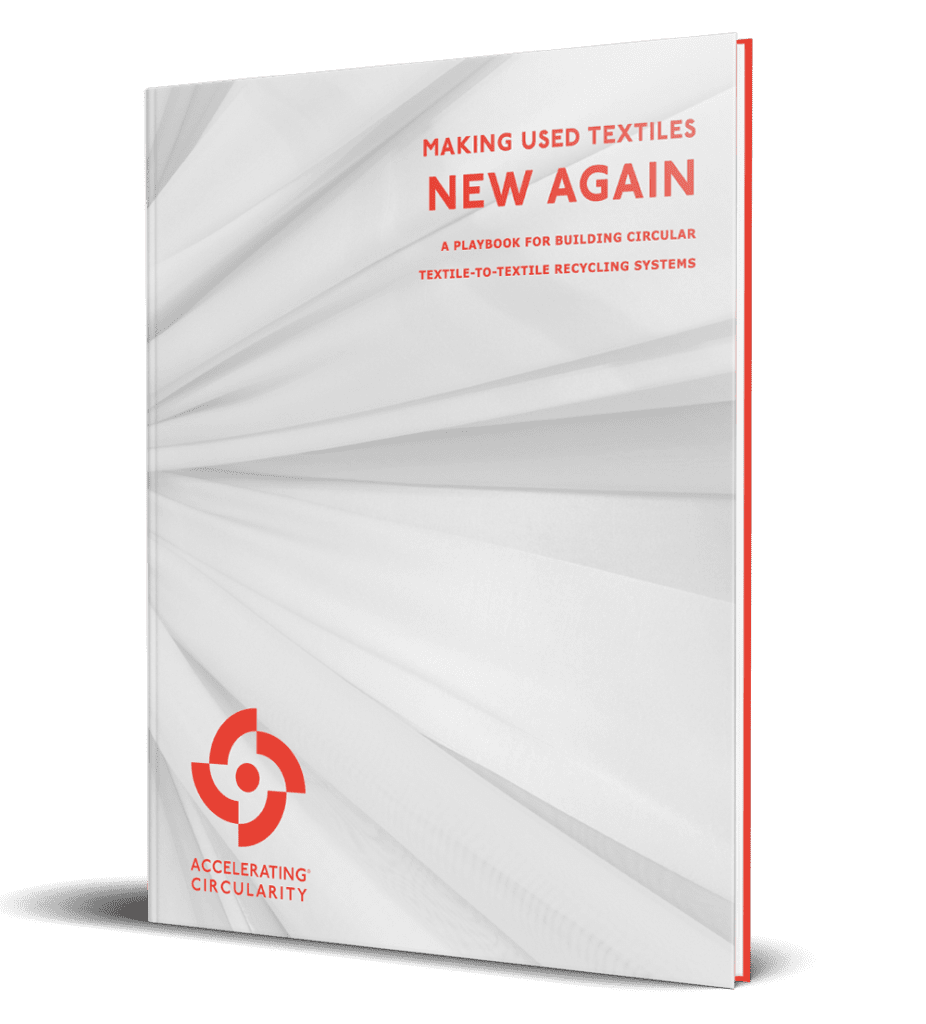
Accelerating Circularity is a key partner of ours, and an important stakeholder that brings global insights to our projects. Their ACP Playbook is a step-by-step guide on how to move into a circular business model, and is a great complement to our Guidance Document.

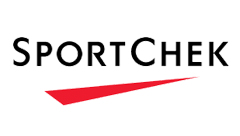















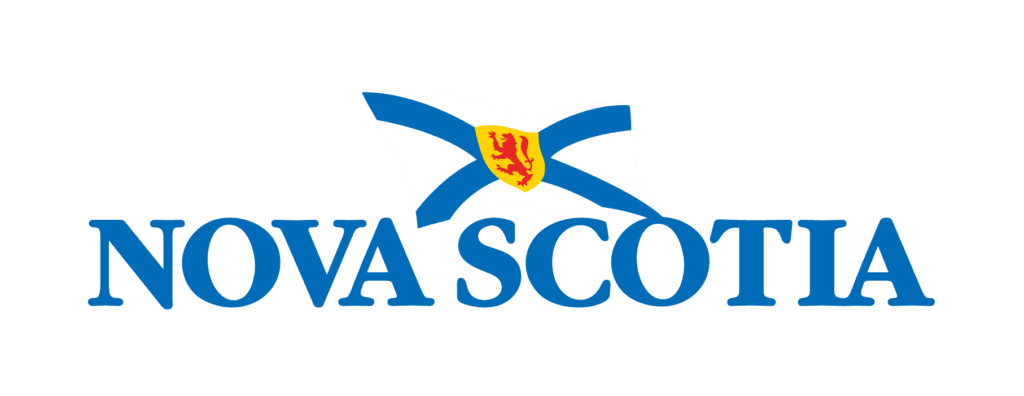


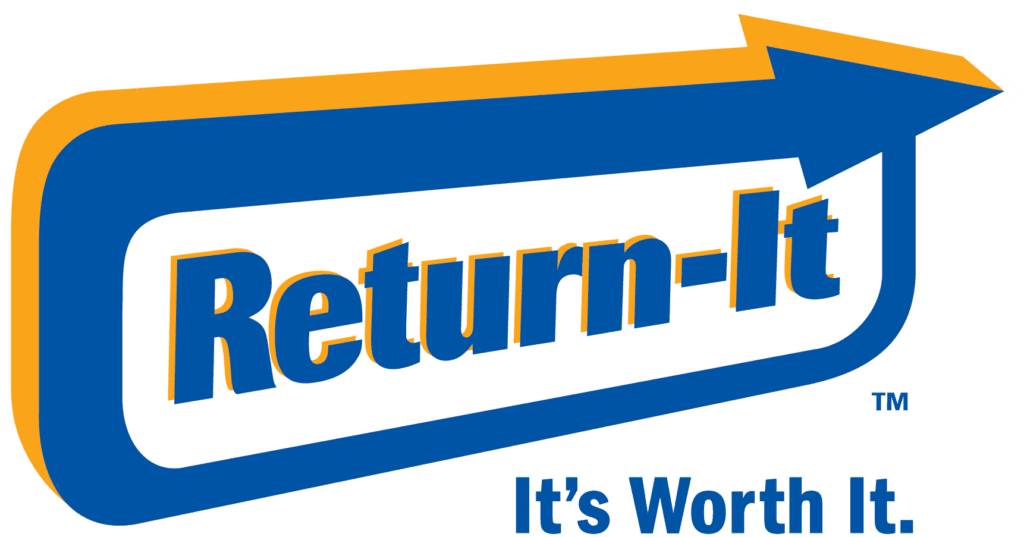

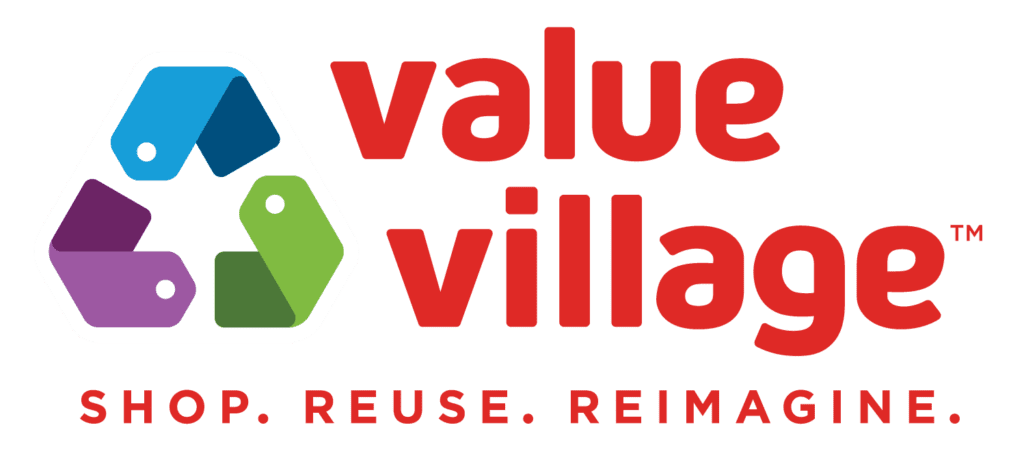
Reach out to us at circularity@fashiontakesaction.com
“Creating a Textile Recycling Supply Chain”
We respect your privacy. You may unsubscribe at anytime.